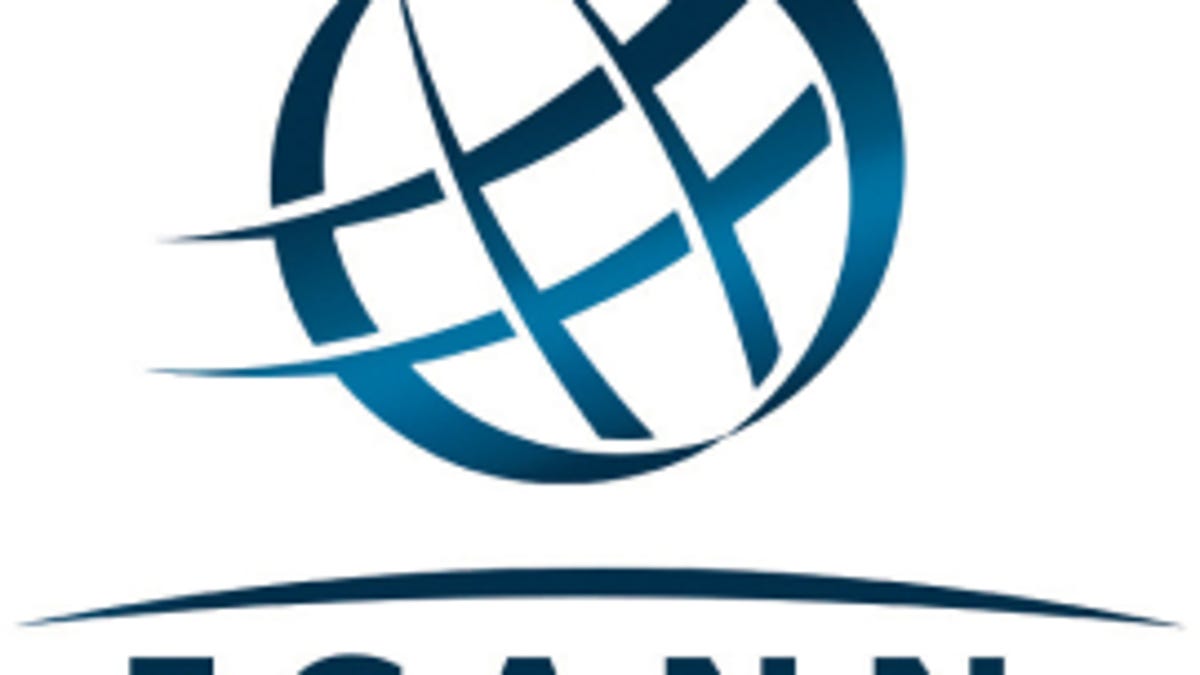Feds aim to kill .Army, other military domains
Demand Media wants to run three military domain extensions that -- big surprise -- Uncle Sam isn't too happy about.

Here's a cyberfight it seems anyone could have seen coming.
Among the hundreds of new generic top-level domains under consideration by the Internet Corporation for Assigned Names and Numbers (ICANN) -- everything from .Google to .music and .home -- one batch, not surprisingly, has caught the attention of the U.S. federal government: applications for .Airforce, .Navy and .Army.
The company that applied to run those domain extensions is Demand Media, the content farm king behind eHow and the owner of Go Daddy competitor eNom. Demand spent $18 million to apply for 26 so-called domain strings through a subsidiary called United TLD Holdco Ltd., which is based in the Cayman Islands.
To come up with the names it wanted, Demand relied on data and analyzing traffic patterns to figure out those that have the best prospects in a world beyond dot-com. "Because of the universality and generic nature of these words, there really aren't grounds for objection by anyone," a Demand Media spokeswoman told a site called TheDomains back in June.
Not so fast, says the federal government. Yesterday it filed what's called a GAC Early Warning taking issue with those three proposed generic top-level domains, or gTLDs. GAC stands for ICANN's Governmental Advisory Committee.
The complaint -- big shocker -- is that all three are "confusingly similar to names of specific government agencies." There is one filed on behalf of the Army, Navy, and Air Force.
These filings are warnings, giving Demand Media 21 days to yank the applications while keeping 80 percent of its application fees. Otherwise, the government will likely file formal objections and ICANN will be the ultimate decider. Look for those battles in the spring.
Demand has other applications getting challenged as well, some of which seem less obvious than the U.S. objections. Australia, for instance, filed a warning against .engineer -- complaining that it's "linked to a restricted or regulated market sector" -- and the Czech Republic doesn't want Demand to get .green, saying it could "cause Detriment to the global Green movement."

